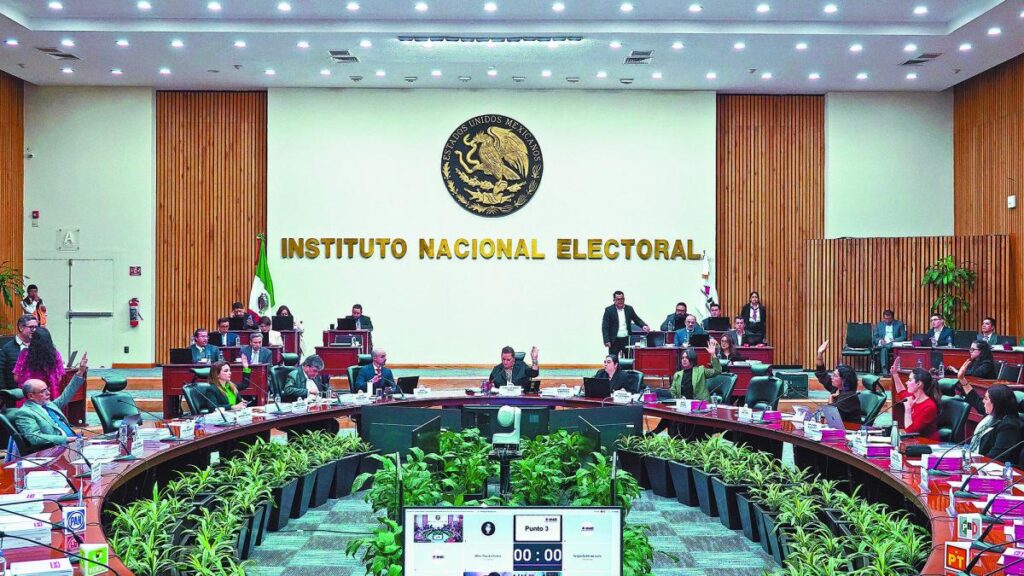Background and Relevance
Twenty-two former electoral council members and judges have issued a public call to Mexican citizens, political parties, business leaders, academics, media, and civil society to engage in a pluralistic and inclusive national dialogue regarding the electoral reform announced by President Claudia Sheinbaum.
Among the signatories are notable figures such as Ciro Murayama Rendón, Benito Nacif, María Marván, and José Woldenberg. Their collective voice aims to strengthen the country’s democratic system by ensuring high standards of electoral integrity through a broad public deliberation process, transcending mere parliamentary majorities.
Key Proposals for Electoral Reform
The group presented six key proposals to enhance electoral reform:
- Proportional Seat Allocation: Adjust the distribution of seats in legislative bodies to more accurately reflect the percentage of votes received by each political force, preventing distortions that unfairly benefit majority parties.
- Independence of Electoral Organs: Maintain the independence of electoral bodies at both federal and state levels, ensuring their colegiate structure and professionalization.
- Against Popular Election of Council Members: Reject the idea of electing council members and electoral magistrates through popular vote, as suggested by sectors aligned with the “4T” (Morena) party. Instead, propose nomination by Congress based on experience, impartiality, and technical knowledge, with party oversight.
- Protect Electoral Institutions: Ensure the Federal Register of Voters and Voter Credential remain under INE’s (National Electoral Institute) guardianship, with party oversight to preserve their technical and impartial nature.
- Robust Accountability System: Implement a strong accountability system to prevent vote-buying or coercion and penalize the misuse of public resources in campaigns.
- Merit-Based Judge and Magistrate Selection: Base the selection of election judges and magistrates on merit, independence, and membership in a judicial career to shield their actions from political pressures.
Key Questions and Answers
- What is the main issue addressed by the ex-electoral officials? They advocate for a comprehensive electoral reform that prioritizes high integrity standards and broad public deliberation, rather than relying solely on parliamentary majorities.
- What are the six key proposals presented by the group?
- Proportional seat allocation in legislative bodies
- Maintaining the independence of electoral organs at federal and state levels
- Nomination of council members and electoral magistrates by Congress, based on experience, impartiality, and technical knowledge, with party oversight
- Protecting electoral institutions like the Federal Register of Voters and Voter Credential under INE’s guardianship with party oversight
- Implementing a robust accountability system to prevent vote-buying or coercion and penalize misuse of public resources in campaigns
- Merit-based selection of election judges and magistrates, ensuring their independence from political pressures






